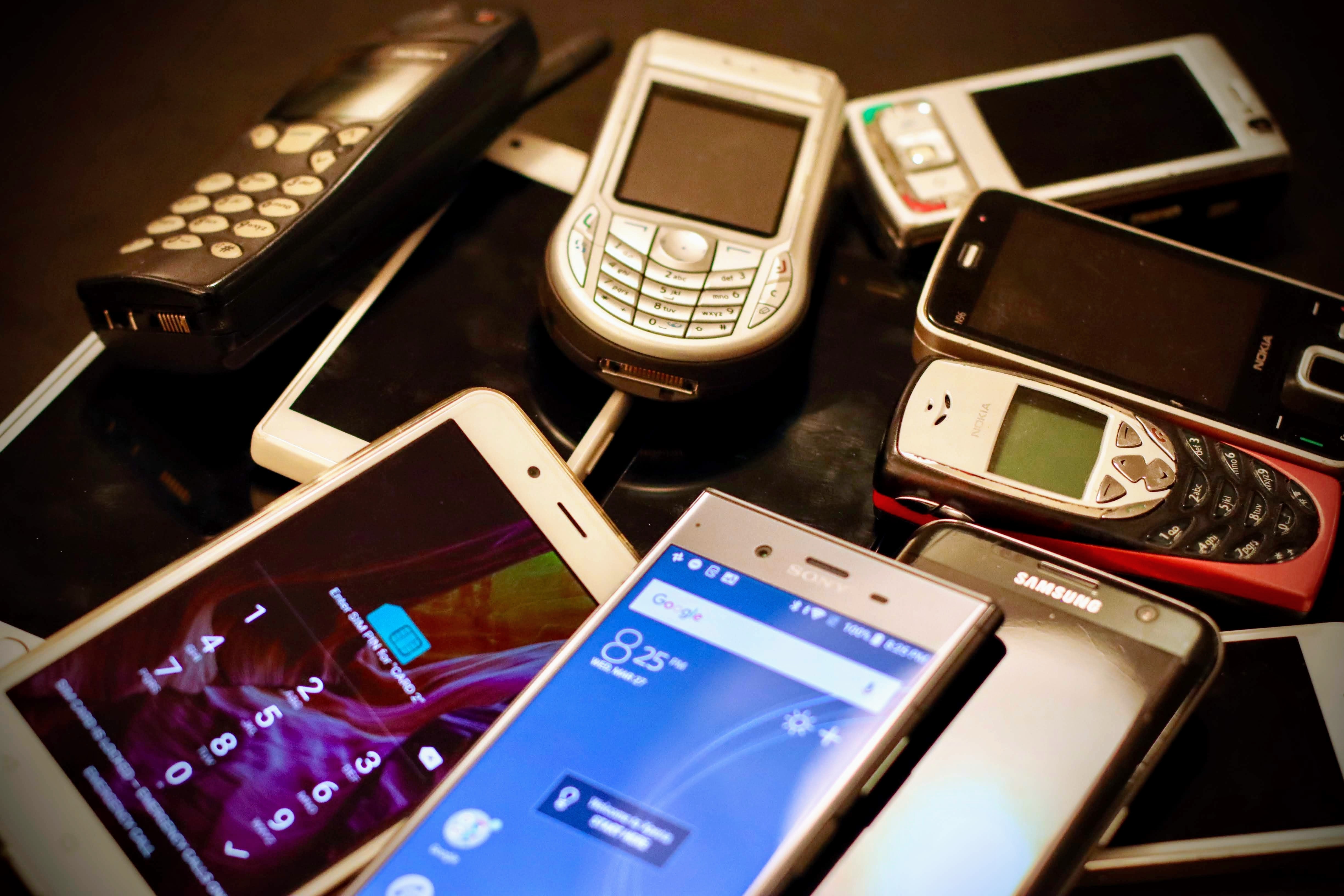Relative to the length of human history, electronics are fairly new on the scene – and yet electronics comprise the largest amount of waste produced each year. Most people are always searching for the next best electronic gadget, and therefore often get rid of their old electronics before it’s necessary. Companies contribute to the issue by purposefully designing their products to break or become obsolete quickly. Despite the huge amount of electrical waste produced in today’s world, only about 15% of it is recycled. Many people don’t know how to recycle these items properly.
Here are some tips on how to dispose of your electronic waste.
- Bring them to an electronics retail store. Many retail locations, like Best Buy, have bins specifically for recycling used electronics and electrical waste. Check with an employee or the store website to confirm the types of products they accept for recycling. Most are happy to take small devices (phones, laptops, tablets) and will recycle printers, radios, and large appliances like ovens and washing machines.
- Sell old electronics or parts. Copper wire can sometimes be salvaged and sold. If you can’t sell them, recycling centers that accept metal will allow you to donate copper, along with other small cables, wires, and electronic devices.
- Consider upgrading your current device. You can upgrade your laptop, computer, or another device with new software or hardware or a new battery instead of purchasing a fully new product. Sometimes issues can be fixed more easily by making these changes than by wasting the money and resources on a totally new device.
- Check with friends and family before tossing. Older family members especially are likely willing to accept old cables, chargers, or even old models of cell phones from you. Most chargers can be used with a variety of devices, making them universally useful for people. It’s a good idea to offer your electronic items to others before resorting to throwing them away or finding a recycling center.
- Ask your local school if they could use your old electronics. Many STEM (Science, Technology, Engineering, and Math) programs in elementary and middle schools would be happy to accept donations of old cords, cables, and chargers. Even if they don’t work anymore, they can be educational for taking them apart and seeing how electronics are made.
- Call your local recycling centers to find out what they accept. The plastic, metal, and glass in your old electronics are not necessarily electrical waste – they are valuable and can be reused for other electronics, saving natural resources in the process. One million recycled laptops save the equivalent of all the energy used from 3,500 US homes in a year.
Before donating any electronics, be sure to prepare them properly. Wipe the memories and hard drives to remove any personal information–factory resets are usually easy to do on a computer, phone, or tablet. Take out all the batteries as well, since those usually must be recycled separately. By reusing and recycling electronics, you can benefit both your community and the environment.
Promise Electric provides residential and commercial electric services to the greater Sarasota area. Our team of master electricians is committed to making sure your electrical project is performed professionally and safely.



